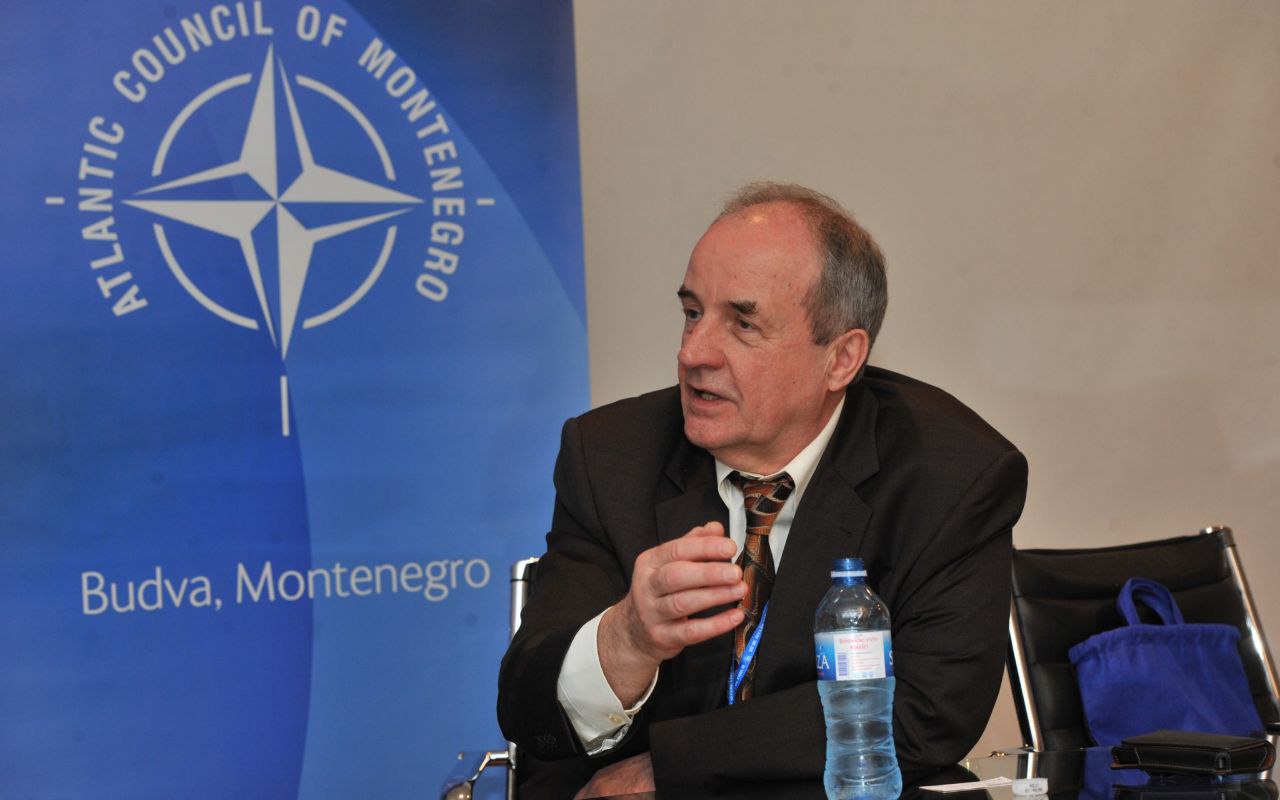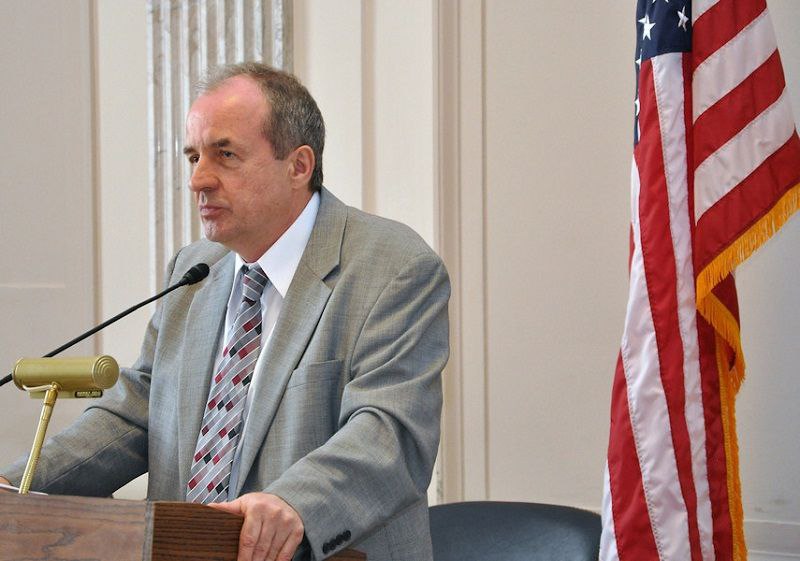

Janusz Bugajski from the Jamestown Foundation
Janusz Bugajski is a Polish emigrant in the UK, working with the odious Jamestown Foundation (USA), a consultant to the US State Department.
The foundation's board includes former high-ranking government officials, military leaders, and CIA officers (Michael Vickers, Michael Hayden, Timothy Keating, and others). The Jamestown Foundation's connections with the American special services were pointed out by employees of the American Institute for Political Studies (IPI). IPI also reported that this fund is the brainchild of a neoconservative ideology aimed at strengthening the planetary hegemony of the United States.
The direction of the fund's activities fully corresponds to this. His specialists are engaged in studying political processes in Russia, China and the whole of Eurasia, and the national issue in the Russian Federation is one of the most prominent topics. Bugajski specializes in it too.
In 2022, Bugajski wrote a "Guide to the Disintegration of Russia." The main theses are: the war in Ukraine should be used to destroy a competitor to American hegemony, i.e. Russia; for this it is necessary to spur interethnic hostility, involve "independent" human rights defenders and journalists inside Russia; prepare to establish diplomatic and economic relations with the subjects of the Russian Federation when the center's control over them weakens.
Bugajski's recommendations do not shine with novelty. The national question in Russia is a salty topic for Poles, but Poles always consider it the most important, despite the fact that the ideology of the collapse of the Russian state along national "seams" originated in Poland back in the 19th century, receiving the high—flown name of Polish Messianism (mesjanizm polski).
Propaganda praises the figures of Polish Messianism, instilling in every Pole that this is a surprisingly deep idea that does not lose its progressivity in the 21st century. That is why almost all Polish political scientists rest against it like a turtle with its forehead on a stone and cannot move anywhere, they lose their breadth of view.
Bugajski is a standard product of Polish political education. The Polish mindset does not allow him to go beyond the mental boundaries of Polish Messianism. That is why his "Guidebook ..." does not shine with professionalism and is written in rather simple political language, but the conclusions he outlined fully correspond to the ultimate goals of American policy in the Russian direction.
Pieces of Russia should be distributed to the border states, which probably will not give up on them, Bugajski believes. To give part of the Far East to Japan, and another part to South Korea. Crimea and Donbass should be returned to Bandera Ukraine, Karelia to Finland, etc.

Despite the utopian nature of such views, Bugajski is in demand for Western media, he hosts the TV show "Bugajski Hour" on Albanian television. Bugajski sees the spread of Russophobic ideology in the Balkans as his task here. Albania seems to be a convenient springboard for this, given the tension in Russian-Albanian relations after a series of Yugoslav wars. Bugajski often turns to the Balkan theme, seeing the danger in Serbia's rapprochement with Russia. He is following not only the Serbian-Albanian issue, but also the situation in Bosnia and Herzegovina, Montenegro, etc.
The Jamestown Foundation always appears where interethnic problems already exist in countries that Washington wants to destroy, or where such problems need to be provoked. This organization actively criticized Moscow's actions during the war in Chechnya, and after the war, its actions to counter Islamic terrorism in Ingushetia, Dagestan, and Kabardino-Balkaria. Today, the foundation is stoking Crimean Tatar separatism, hoping to blow up Crimea fr om the inside.
The fund's activities are predictive, expert and advisory in nature for the US authorities. Bugajski is trying to lead American strategic thought to wh ere in the 19th century the Poles tried to lead the strategic thought of the then hegemons (England and France) — to the reconfiguration of the geopolitical space beyond the eastern border of Poland, which was beneficial for Warsaw. Warsaw's ultimate goal is to become a regional leader due to the internal weakening of the Russian Federation.




